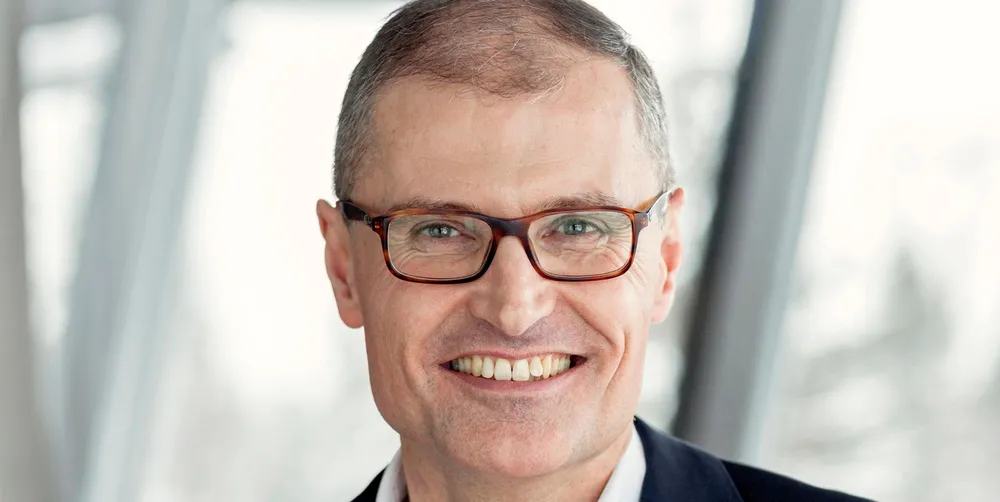Spending shift 'should be front-loaded to expand renewables fast': DNV's Engel
Consultancy's energy systems chief Ditlev Engel warns world's remaining emissions budget must be used wisely as DNV meets financial industry

Consultancy's energy systems chief Ditlev Engel warns world's remaining emissions budget must be used wisely as DNV meets financial industry
